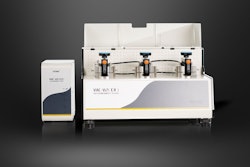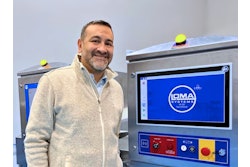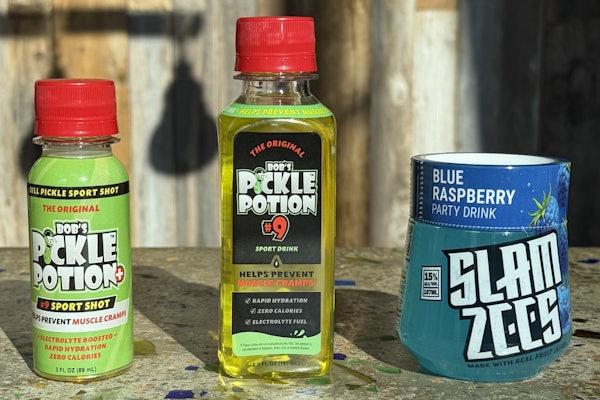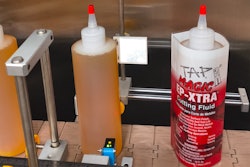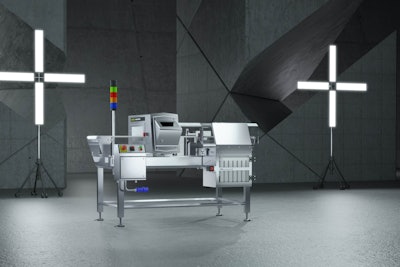
This content was written and submitted by the supplier. It has only been modified to comply with this publication’s space and style.
Sesotec continues to drive forward the integration of artificial intelligence in foreign object detection and now offers THiNK technology for X-ray inspection systems—in addition to its proven application in metal detection. The aim is to improve detection accuracy in demanding production environments and make processes more stable and efficient.
Food manufacturers face the challenge of reliably detecting foreign objects—in products with high or varying product effects as well as in anomalies that are visible to the naked eye but differ only slightly in density from the product. Classic inspection systems often reach their limits here. THiNK Technologies addresses this problem with AI-supported detection models that adapt to changing product characteristics.
Metal detection with AI: Stability and precision in the process
AI-supported metal detectors learn from product signals, recognize patterns, and adapt to new situations. This reduces false alarms, increases detection performance, and boosts productivity at the same time. Typical areas of application include meat and sausage products in metal packaging or products with high intrinsic conductivity (product effect).
X-ray inspection with AI: A differentiated view of the product
A particular focus is on the integration of artificial intelligence into X-ray inspection systems. While conventional systems are based on contrast values, the AI model also analyzes typical characteristics of good products. This enables a more differentiated evaluation and improved differentiation between acceptable deviations and genuine contaminants.
This technology is helpful for foreign objects that are difficult to detect, such as bone splinters, cartilage, and plastic parts, such as cable ties. The system also delivers reliable results for products with low density or inhomogeneous structures, such as fresh meat or cheese. Thanks to its adaptive structure, the AI can be further optimized during operation without interrupting the production flow.
Greater safety and efficiency in everyday production
For food manufacturers, the use of AI-based inspection provides additional assurance with regard to legal requirements and quality standards. At the same time, processes can be controlled more precisely, material losses reduced, and downtime avoided.



